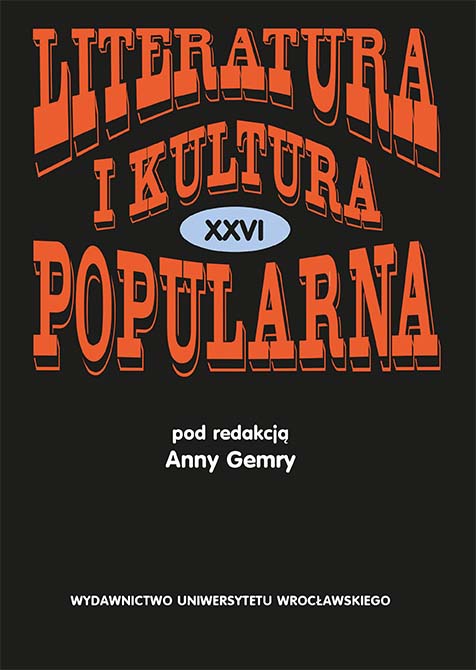

Articles

The paper explores the philosophical statements emerging from the plot of Jacek Dukaj’s science-fiction novel Perfekcyjna niedoskonałość [The Perfect Imperfection]. The argument of the article states that the Polish novel proposes a complete philosophical model of possible ways of imagining the future which is unique, yet fully coherent with the Enlightenment paradigm.
After recapitulating the most important arguments of the mid-century’s discussion about the end of the grand narratives and brief recall of most canonical texts of the period of the Enlightenment, the author analyses ontological presuppositions hidden after the structure of the fictional world created by Dukaj. The novel appears to fully acknowledge the Cartesian dualistic model of the human being (which strongly separates its biological and mental roots) and sets plots in times when all biological limitations have been transgressed. Despite that, both optimistic scenarios of eighteenth-century utopians and catastrophic visions of twentieth-century sci-fi authors have never been fulfilled and the fictional world of the twenty-ninth century appears to be just the same as ours in its core, despite being totally different in terms of its phenomenological appearance.